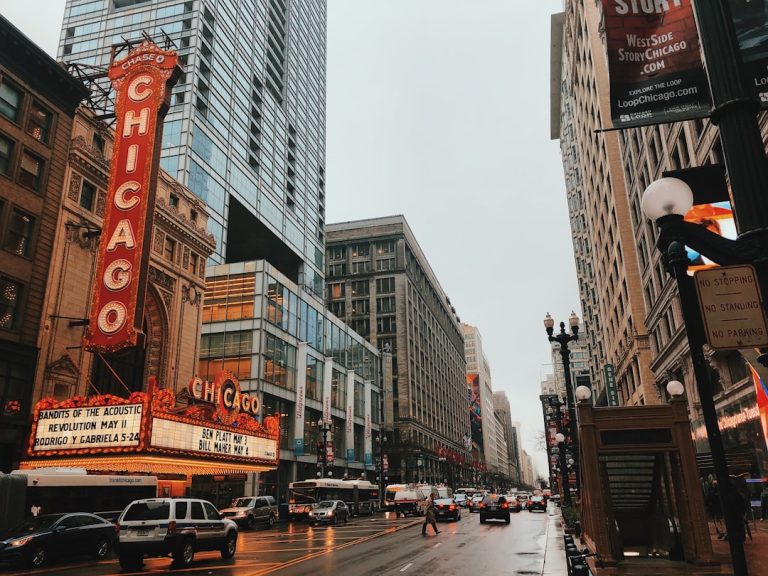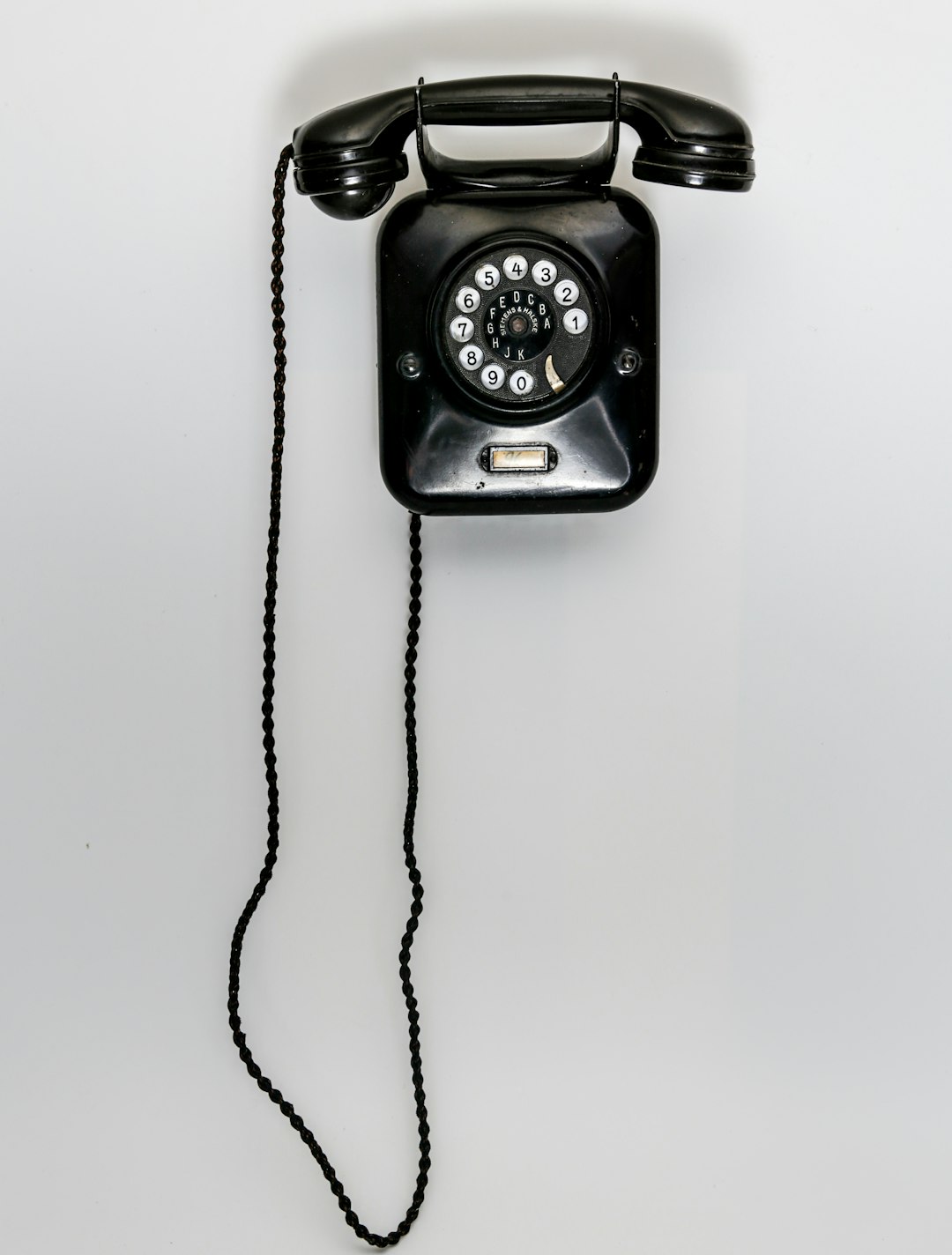Consumers in Illinois facing unfair debt collection practices can protect their rights with the help of a specialized debt collector lawyer. Illinois laws, including the Consumer Debt Collection Practices Act (CDPA) and Fair Debt Collection Practices Act (FDCPA), prohibit harassment, threats, misrepresentations, and privacy infringements by debt collectors. Engaging an attorney experienced in these regulations ensures fair treatment, educates consumers about their rights, and takes legal action against abusive tactics. Gather evidence of unfair practices and consult an debt collector lawyer in Illinois to navigate consumer safeguards for a lawful resolution.
In Illinois, consumers enjoy robust protections against unfair debt collection practices. Understanding your rights is crucial for navigating this complex landscape. This article guides you through the intricacies of debt collection laws in Illinois, focusing on what constitutes unfair practices and the legal recourse available to you. If you’re facing aggressive or illegal debt collection tactics, knowing when to hire a debt collector lawyer in Illinois can be transformative. Discover your options and empower yourself with knowledge.
Understanding Your Rights as an Illinois Consumer Against Debt Collectors

As a consumer in Illinois, you possess robust rights against unfair debt collection practices. According to state laws, debt collectors must adhere to specific guidelines when attempting to collect debts from consumers. These protections are designed to safeguard your financial well-being and ensure fair treatment throughout the process. Understanding these rights is pivotal when dealing with debt collectors in Illinois.
If you’re facing harassment, threats, or false representations from a debt collector, it’s crucial to know that such conduct is illegal. An experienced debt collector lawyer in Illinois can help you assert your rights and navigate the complexities of debt collection laws. By familiarizing yourself with these protections, you can better protect yourself from abusive practices and ensure a fair and lawful resolution when dealing with debt collectors.
What Constitutes Unfair Debt Collection Practices in Illinois?

In Illinois, unfair debt collection practices are governed by both state and federal laws, primarily the Consumer Debt Collection Practices Act (CDPA). These practices can range from aggressive and misleading behaviors to those that infringe upon an individual’s privacy rights. Common examples include repeated phone calls with intent to annoy or harass, using false or deceptive statements to pressure debtors, threatening legal action without intention to follow through, and failing to verify debt information when requested.
A debt collector Lawyer in Illinois plays a crucial role in navigating these protections on behalf of clients. They ensure that debt collectors adhere to legal boundaries, educate consumers about their rights, and take legal action when necessary to stop unfair or illegal collection tactics. Understanding these practices is essential for both debtors and debt collector Lawyers to foster fair and transparent debt resolution processes.
Legal Recourse: When and How to Hire a Debt Collector Lawyer in Illinois

If you’re facing aggressive or unfair debt collection practices in Illinois, knowing your rights and seeking legal help is crucial. Engaging a debt collector lawyer is an effective step to protect your consumer rights. In Illinois, consumers have specific safeguards against abusive debt collection methods, and a qualified attorney can guide you through these protections.
When considering hiring a debt collector lawyer, the first step is to gather evidence of the unfair practices. This may include communication records, payment histories, or any documentation that showcases harassment or false claims. Once prepared, review your options with an attorney who specializes in consumer debt law. They can assess your case, explain relevant laws like the Fair Debt Collection Practices Act (FDCPA), and determine the best course of legal action to ensure fair treatment from debt collectors.






